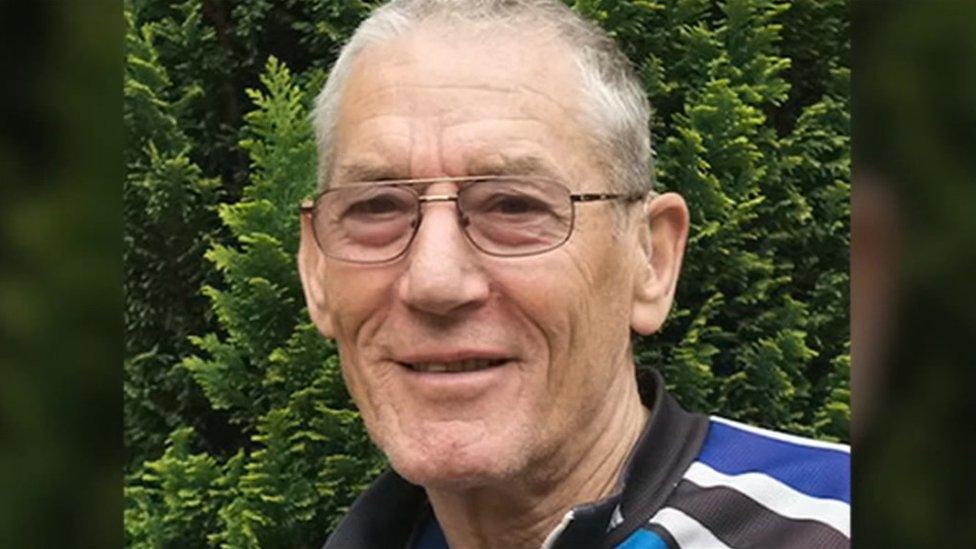Sussex NHS mental health trust criticised over killings by patients
- Published
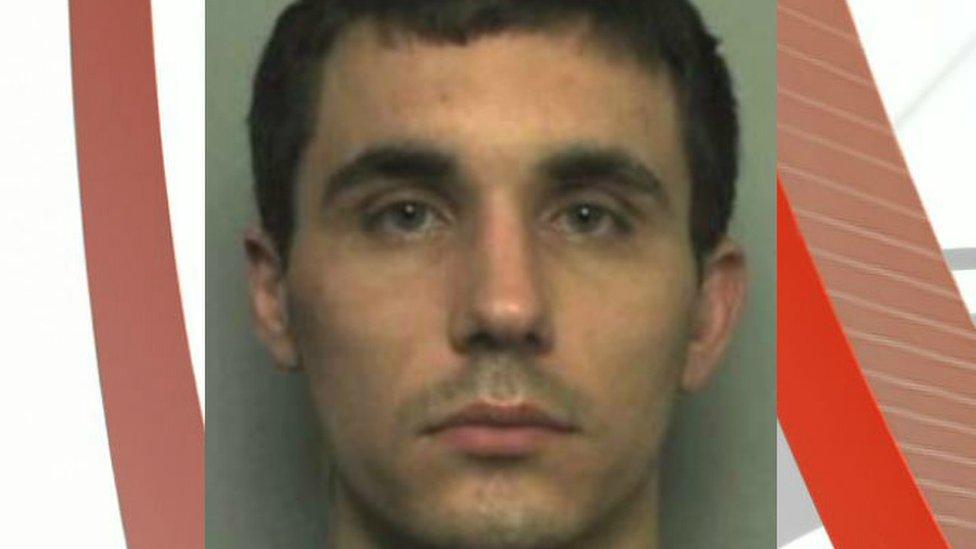
Kayden Smith killed Danish tourist Jan Jansen in 2012
A mental health trust which underestimated the risk patients posed and sometimes did not act on threats to kill, has been criticised in a review of 10 killings over eight years.
The review examined deaths linked to Sussex Partnership NHS Foundation Trust patients, external between 2007 and 2015.
Killings by Kayden Smith in 2012 and Roger Goswell in 2007 were found to be "preventable" and "predictable".
The trust's chief executive Colm Donaghy said he was sorry.
Smith killed Danish tourist Jan Jansen at his flat in Hassocks, while Goswell, who was also a patient, killed his wife Susan, external in West Chiltington before taking his own life.

The review recommends the trust should:
Act on its commitment to involve carers in patients' treatment
Ensure clinical staff have time to record notes and keep records
Investigate technology to make it easier to complete records and improve productivity
Evaluate the impact of staff training
Ensure the recommendations fare "fully embedded" across the trust

Mr Goswell's son Joe said the family had no doubt the trust could have prevented his mother's death.
"If it was predicable then I am sure it could be preventable," he said.
"They apologised then and said they would make changes to prevent this happening again [yet] here we are some nine years on and still people are being murdered by mental heath patients.
"I feel my mother died in vain."
'It was predictable and preventable' - Joe Goswell on the murder of his mother by his father
Mr Donaghy said a key focus of the report was how the trust worked with families affected by a homicide involving someone known to its services.
He added it was setting up family liaison officers to provide a single point of contact to help people navigate through the "very difficult" NHS bureaucracy.
He said the trust did not have an unusual number of homicides for the size of its population.
"We commissioned this review with NHS England because we want to make sure we have done everything possible in response to these tragic incidents," he said.
Colm Donaghy said the trust had a number of lessons to learn
"I realise this may bring back painful memories for [the families]. I also understand that some, if not all, will feel angry about our services.
"We have investigated each of the incidents individually. We also wanted independent, expert advice about any common themes which may link them."

Analysis: Nick Triggle, health correspondent
What's interesting with this report is that the trust instigated the review itself. There was nothing to indicate Sussex was an outlier, but bosses expressed a desire to learn from what had happened. In that sense it is quite different from the Southern Health NHS Trust scandal over the deaths of its patients.
So are there implications for the rest of the system? There is certainly evidence to suggest so. A recent Manchester University report suggested more needs to be done to tackle the number of people being killed by mental health patients.
Researchers looked back at 10 years of data, which showed 11% of killings were committed by patients. It said the numbers had remained relatively stable - despite a fall in the number of killings overall.
But context is important. When it comes to risk, mental health patients present a bigger danger to themselves than others. Nearly three in 10 suicides are by mental health patients.
This chimes with findings from the Care Quality Commission. Two-thirds of services are rated not good enough with safety a major concerns. But the biggest problems are with what precautions services are taking to look after patients not to protect the public. Improvements are needed, it seems, but on both issues.

Matthew Daley said he went into "auto-pilot" during the attack
The review, of what is one of England's largest mental health trusts, was launched following the stabbing to death of Donald Lock, 79, by Matthew Daley in 2015.
Daley, who had been under the care of the trust at the time, was convicted of manslaughter on the grounds of diminished responsibility after stabbing Mr Lock 39 times following a two-car crash on the A24 in Findon, West Sussex.
During the trial, jurors were told Daley's mother had pleaded with mental health experts to have her son sectioned.
'Inadequate'
The review looked at nine killings committed by patients of the trust and the case of one patient who was killed while under the care of the trust.
The independent review found that, in several cases, the process to assess patients was "inadequate" and "the risk posed by the service user went unrecognised or was severely underestimated".
In some cases, "risk assessments were not completed or were completed incorrectly".
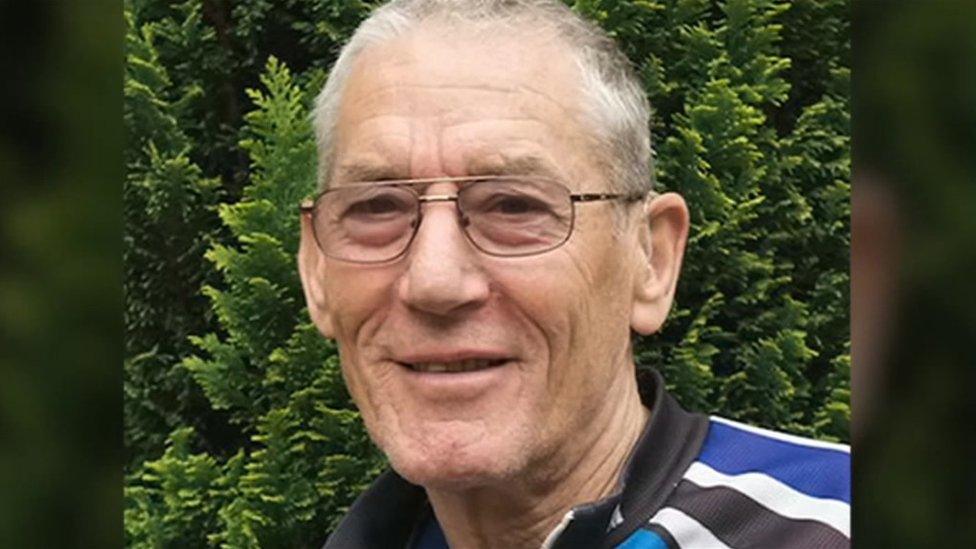
Retired solicitor Donald Lock was stabbed 39 times
The report said: "Some diagnoses are incorrect and remained unchanged in the face of the service user's behaviour.
"Sometimes service users made threats to kill others but no further action, for example informing the police or warning the person threatened, was taken."
It added: "If the service user had been assessed as high risk, then a management plan would have been triggered."
The report said learning after each killing had not always been taken up across the trust and there was some "repetition" in the recommendations made after each one.

The cases reviewed
Kayden Smith killed Danish tourist Jan Jansen at his flat in Hassocks in 2012
Graeme Morris travelled from Brighton to Troon and killed his mother in 2012
Christopher Jeffrey-Shaw was convicted of manslaughter after Janet Muller was burned to death in the boot of a car near Horsham in 2015
David Sole was jailed for life for the "motiveless and brutal" murder of Jonathan Ellison in his Brighton flat in 2011
Sean Iran, external was jailed for life for killing a friend then burning his body on a Brighton golf course in 2010
Steven Dunne killed Gordon Stalker in Brighton in 2010, claiming he was a witch who had captured his soul
Roger Goswell, external killed his wife Susan in West Chiltington in 2007 after she had told him she had not been a virgin before they married
Shane Noble punched and kicked Chris Poole to death outside a convenience store in Eastbourne in 2012
Oliver Parsons murdered Joe Lewis on Christmas Day morning at a flat in Brighton in 2014
Matthew Daley killed motorist Donald Lock by stabbing him 39 times on the A24 in Findon, West Sussex, in 2015

Marjorie Wallace, chief executive of the mental health charity Sane, said: "We are pleased that these steps are being taken to deal with the families who have been so often disregarded and who experienced obstacles in finding out the truth."
- Published18 October 2016
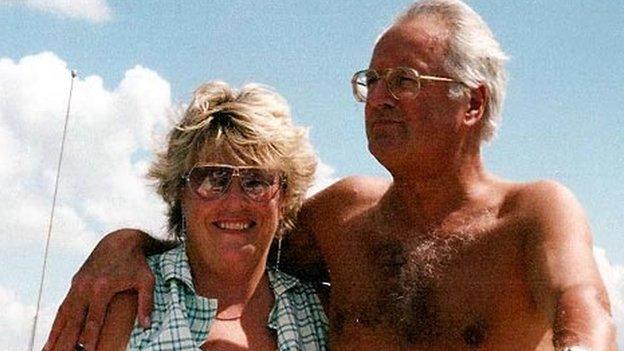
- Published17 May 2016
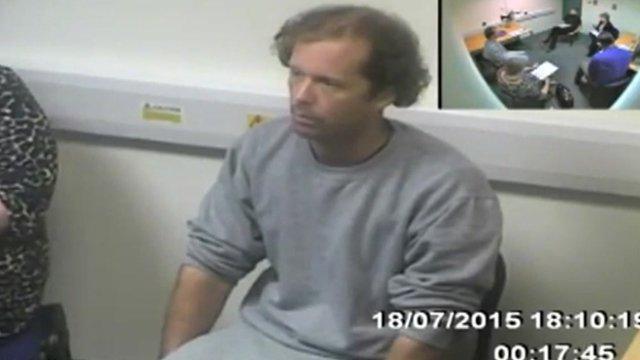
- Published16 May 2016
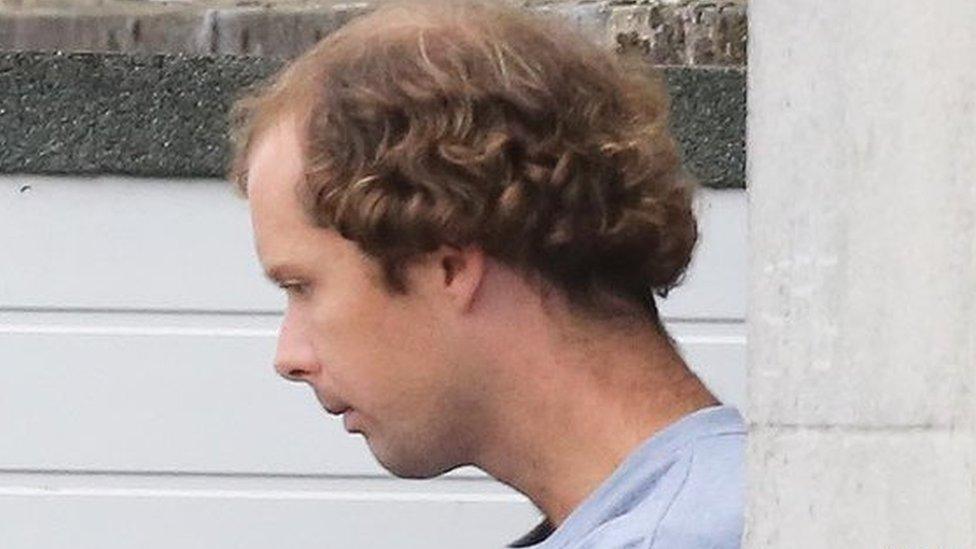
- Published4 May 2016
